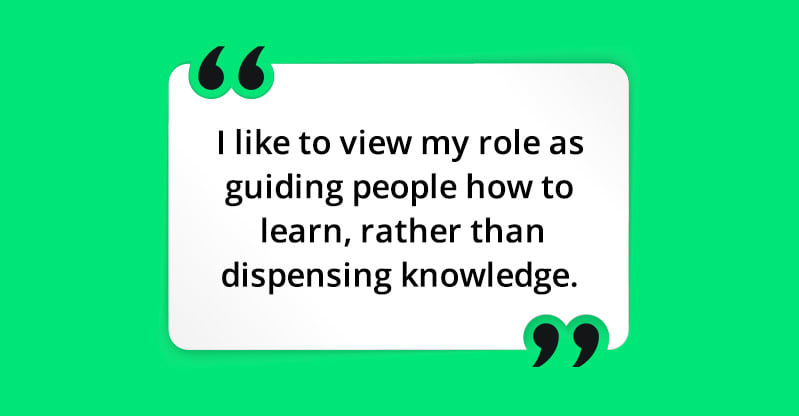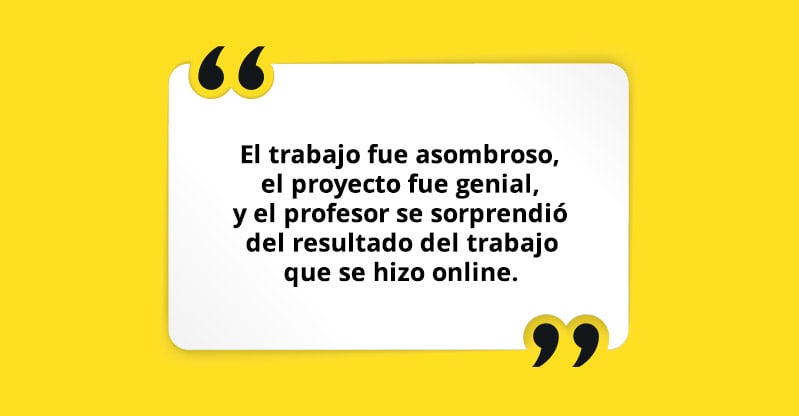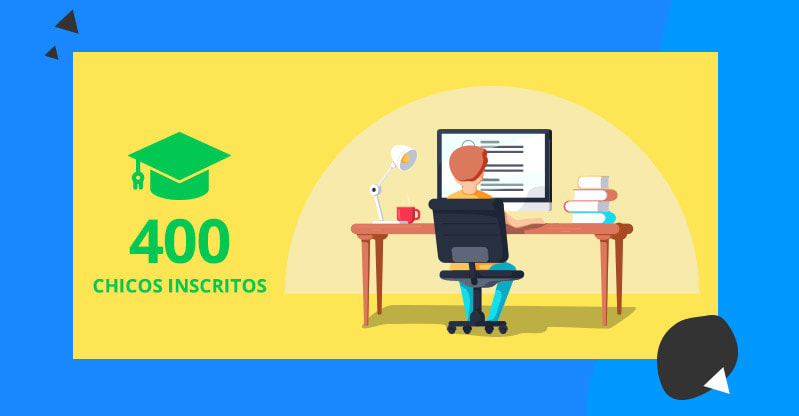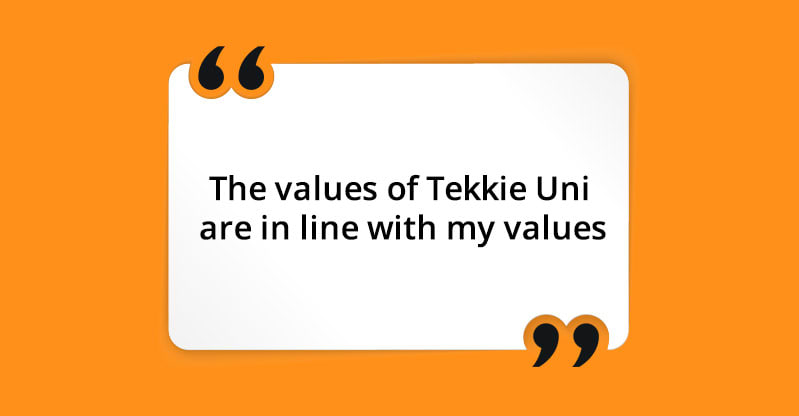This November, a group of students is taking part in a special pilot program: Tekkie Uni’s first-ever Python course.
The program, developed by Ivgi, Tekkie Uni’s pedagogical director will teach students the foundations of Python.

What is Python?
Python is a programming language. More specifically, it is an interpreted, high-level, general-purpose programming language. This means, more or less, that Python gives computers direct commands, uses natural language and is highly versatile.
Python is popular because it can be used for so many things; developers use it for everything from application development to artificial intelligence and data science. It also has more practical uses, such as automating functions that are often completed manually; it’s been used in finance to help automate spreadsheet functions, for example.
Because it is so versatile, Python is used in widely varying industries, from technology to non-technical fields and because it uses a clean, easy to read coding style, it’s often taught in universities.

How will the pilot work?
This program will teach kids the foundations of the Python language.
The kids in the pilot will learn Python in the PyCharm development environment and will use a UI library to add graphics to their creations. They’ll also learn critical programming skills, including debugging, documentation, and code efficiency.
“During the program we’ll combine discussion and questions to help improve kids’ logical and computational thinking,” says Ivgi. One of the program’s goals is to help students break out of old ways of thinking and use Python to come up with new solutions and projects that are both practical and innovative.

Who can learn Python?
Anyone can learn Python; because it is an easy-to-use, readable language, it allows kids to learn complex information in a relatively simple way.
The current course, however, is intended for kids with some coding experience. To pilot the course, Tekkie Uni chose 22 children who had been in coding classes before; some finished their second and third years with us, and some are alumni. All 22 were offered scholarships.
“The program is new, and we wanted kids to experience it without thinking about the price” said Ivgi.
After the pilot, the class will be open to any kid with basic coding knowledge, although eventually, Ivgi would like to offer Python to kids who are beginners.
“In the future, I am planning to create some workshops that will enable kids with no knowledge to learn our program” he said.










